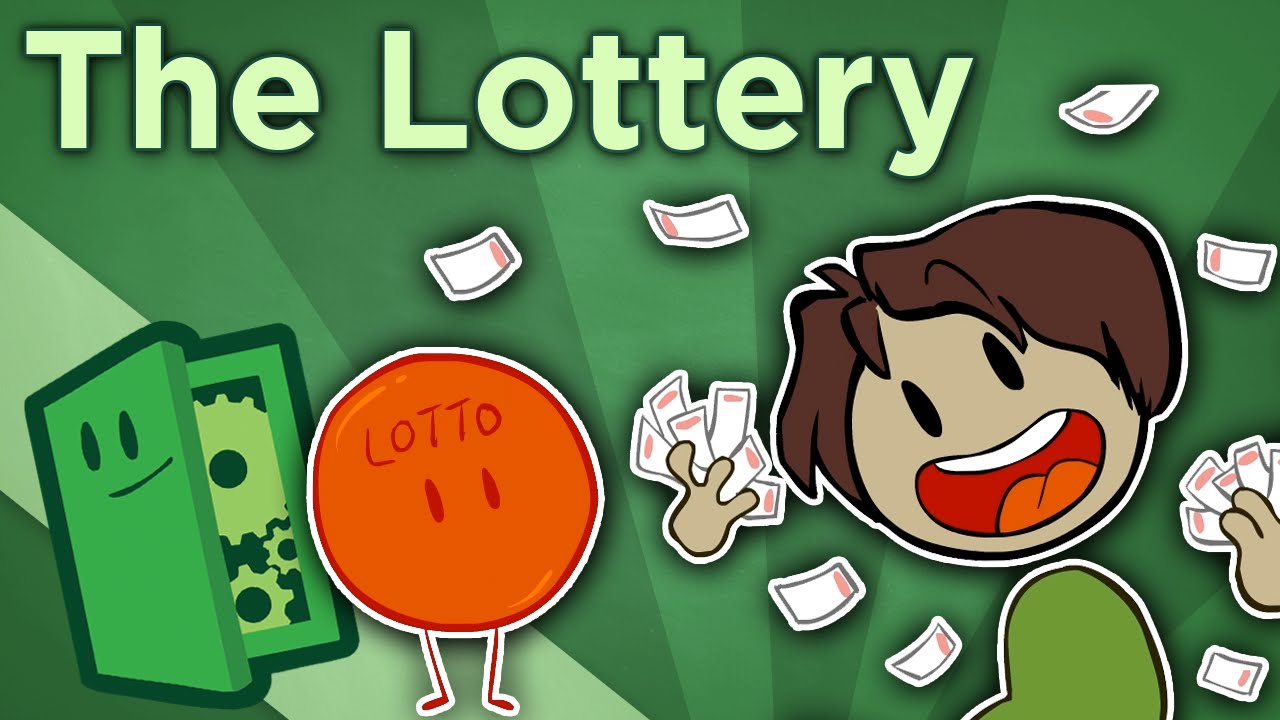[quote=metasynthie]There are a lot of cognitive loopholes that people fall prey to beyond just over-valuing payout size relative to odds. I suspect what makes Fidgeting Writer unpopular has more to do with loss aversion, which is also a kind of "common irrationality" – on average people tend to rate the impact of a loss as being twice the impact of a gain of the exact same size, would rather avoid a $500 fine than get a $500 bonus, and so forth.
The Fidgeting Writer gives the player items which appear in your inventory – in econ/psychology terms, they become part of the player’s "status quo" that you don’t want to lose; especially because you’re told quite explicitly that you can cash them in for valuable items, they have worth. When you proceed to the next stage of Fidgeting Writer, sometimes those items disappear, and it feels much worse than if you simply "didn’t get the prize" when playing something just as random, like the Wheel of Affection, or repeatedly trying for a rare success on a particular storylet, etc.
I tend to think FL is quite interesting in that it plays around with a lot of these psychological tricks around statistics and randomness, alongside more predictable grinds that you can invest time into. The time investment is what really gives these particular gains and losses weight, after all. Other kinds of risk/reward decisions in FL deal with different loopholes – for instance, how many people build up qualities like The Hunt is On… or Running Battle… or Investigating… up until it reaches 100%, just to avoid gambling – even though it’s far more expensive in terms of lost actions than taking the gamble at around 60-70% and avoiding the grind? There’s a similar kind of risk aversion at play there. Polythreme and Heists, Zailing and Expeditions and other mini-games have their own aggravations which prey on impatience, risk-taking and mis-estimation of complex odds, and so forth.
Games have a particular charming potential: they can let you stare into the oft-flawed workings of your own mind, if you stop to take a look.[/quote]
I agree! Those sorts of mechanics are some of my favorite parts of Fallen London.
I am very surprised by people’s aversion to the Fidgeting Writer though, it’s my go-to grind. I’ve been unusually lucky with it so far (averaging one coruscating soul every 30-40 Tales of Terror invested) but being well versed in statistics, I don’t think I’d lose hope even if I’d been doing much worse.
As an endgame player, I’m also always hungry for ways to spend my vast fortunes of items and useless actions, so I personally would love to see more big-gamble type content. It’s especially excellent when you can take expensive/challenging in-game actions to reduce your risk and improve your payout, such as by buying the Colossal Fluke-Core to boost your Cave of the Nadir draws, or thinning your deck to improve the draw of profitable cards, or story based cards like Skin of the Bazaar.
